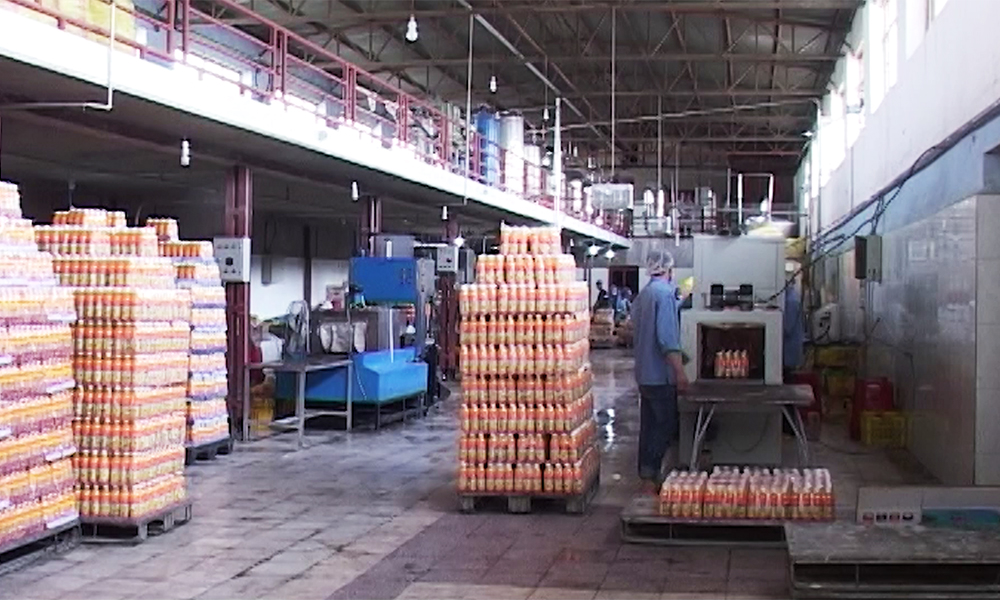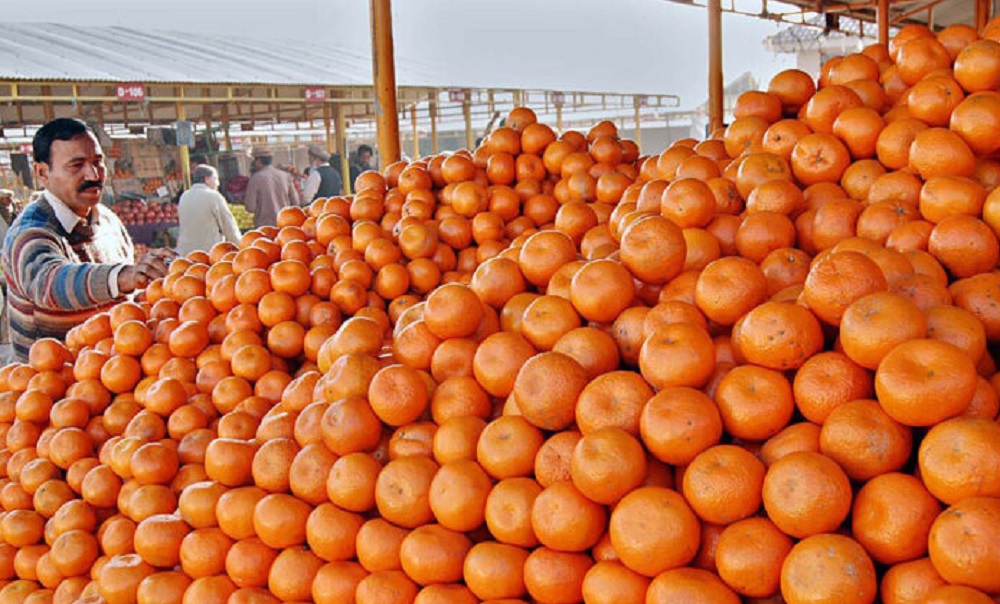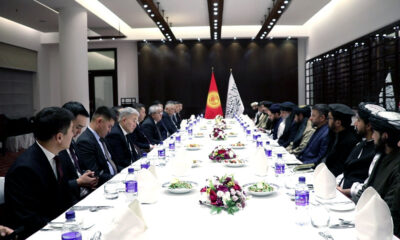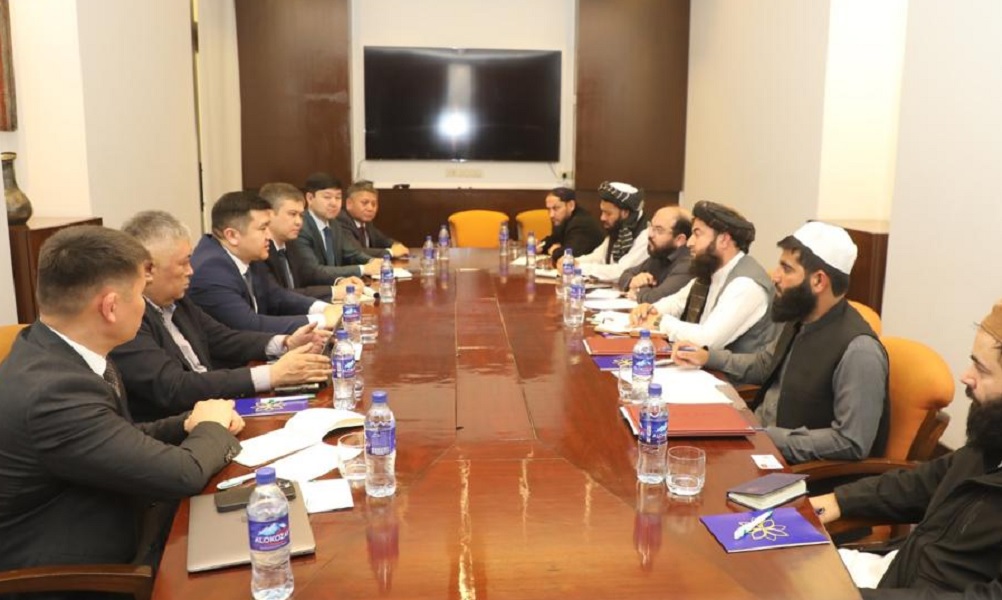Business
Hundreds of factories face uncertain future amid ongoing economic crisis

Afghan businessmen on Thursday warned that hundreds of factories will be forced to close down if the US and the international community continue to impose economic sanctions against Afghanistan.
These sanctions include the freezing of over $9 billion in foreign reserves, by the US Treasury and the International Monetary Fund (IMF), four months ago.
Businessmen said their biggest problem is their inability to buy raw materials.
“We can’t tolerate the situation; the world is being cruel to Afghans. We will lodge complaints to the UN for our rights to be upheld,” said Sherbaz Kaminzada, head of the Chamber of Mines and Industries.
Businessmen also said that of the $9 billion in frozen foreign reserves, $2,5 billion of that is private sector money. They also blamed the international community for the current crisis in Afghanistan.
“We and the people of Afghanistan know who created problems, and want them to resolve the problems themselves,” said Sakhi Ahmad Paiman, deputy head of the Chamber of Mines and Industries.
Officials from logistics companies said that national and international organizations owe the sector billions of dollars.
“We served Afghanistan and provided services, our payments are outstanding because foreign reserves have been frozen. We hope that the money will be released soon,” said one logistics company employee, Mohammad Baz Ghairat.
Islamic Emirate of Afghanistan (IEA) officials said the international community is to blame for the economic crisis in the country.
“We called on the international community many times, but they have blocked Afghanistan’s assets; Afghans need it now,” said Inamullah Samangani, deputy spokesman for the IEA, adding that they are being blamed for something the US created.
Economic analysts on the other hand said that the US should release Afghanistan’s assets and provide opportunities for Afghan businessmen.
“We see problems growing day by day, the international community is the cause of this. They imposed sanctions against Afghanistan’s economic mechanism; they are responsible,” said Sayed Azim Mangal, an analyst.
Businessmen said if the sanctions are not lifted soon, they will appeal to the international courts to resolve the problem.
Business
Pakistan’s kinno exports falter as tensions with Afghanistan continue

Pakistan’s kinno exports remain far below potential as regional tensions, high freight costs and weak government support continue to choke the citrus trade.
Despite being a leading global citrus producer, Pakistan is expected to export just 400,000–450,000 tonnes of kinno in the 2025–26 season, compared with an estimated capacity of 700,000–800,000 tonnes.
Exports in 2024–25 stood at around 350,000–400,000 tonnes, mainly to Russia, the UAE, Saudi Arabia, Afghanistan, Indonesia and Central Asia. While better fruit quality this season has raised hopes, persistent crossing disruptions—especially with Afghanistan—and transport bottlenecks have offset gains.
Growers say prices have collapsed sharply, forcing panic sales. Rates for large kinno have fallen from over Rs120 per kg early in the season to as low as Rs75, while smaller fruit is selling for Rs35–40 per kg amid weak demand.
Industry leaders warn the crisis is crippling processing units and jobs. More than 100 factories reportedly failed to open this season, with dozens more shutting down as exports stall. Cold storages in Sargodha are nearly full, putting fruit worth millions of dollars at risk of spoilage, while growers fear losses of up to Rs10 billion.
Exporters are urging the government to urgently resolve issues, subsidise logistics, and help access alternative markets, warning that prolonged inaction could devastate farmers, workers and the wider economy.
Business
Pezeshkian pledges to facilitate Iran-Afghanistan trade

Iranian President Masoud Pezeshkian has said that Tehran will facilitate trade and economic exchanges with Afghanistan, including easing procedures at customs and local marketplaces.
He made the remarks during a televised interview following his visit to South Khorasan province, which shares a border with Afghanistan.
Pezeshkian, in a separate event addressing local business leaders, highlighted the province’s strategic advantages, citing its rich mineral resources, proximity to neighboring countries such as Afghanistan and Pakistan, and access to the ocean via the Chabahar port. He described the region as “a golden opportunity not found everywhere,” emphasizing its potential for economic growth and cross-border commerce.
Business
Afghanistan-Kazakhstan banking ties discussed in Kabul meeting
-

 International Sports5 days ago
International Sports5 days agoILT20: Abu Dhabi Knight Riders end Desert Vipers’ unbeaten run in dramatic one-run win
-

 Latest News3 days ago
Latest News3 days agoAfghan border forces prevent illegal entry of hundreds into Iran
-

 Latest News2 days ago
Latest News2 days agoPakistan summons Afghan diplomat over deadly attack in North Waziristan
-

 Business5 days ago
Business5 days agoMahirood Customs leads Iran’s exports to Afghanistan
-

 Latest News5 days ago
Latest News5 days agoAfghanistan, Kyrgyzstan discuss expanding trade and economic cooperation
-

 Latest News3 days ago
Latest News3 days agoJapan allocates nearly $20 million in humanitarian aid for Afghanistan
-

 Latest News2 days ago
Latest News2 days agoKarzai urges reopening of girls’ schools and universities for Afghanistan’s bright future
-

 Latest News2 days ago
Latest News2 days agoAfghan health minister calls for medical cooperation between Kabul and New Delhi

























